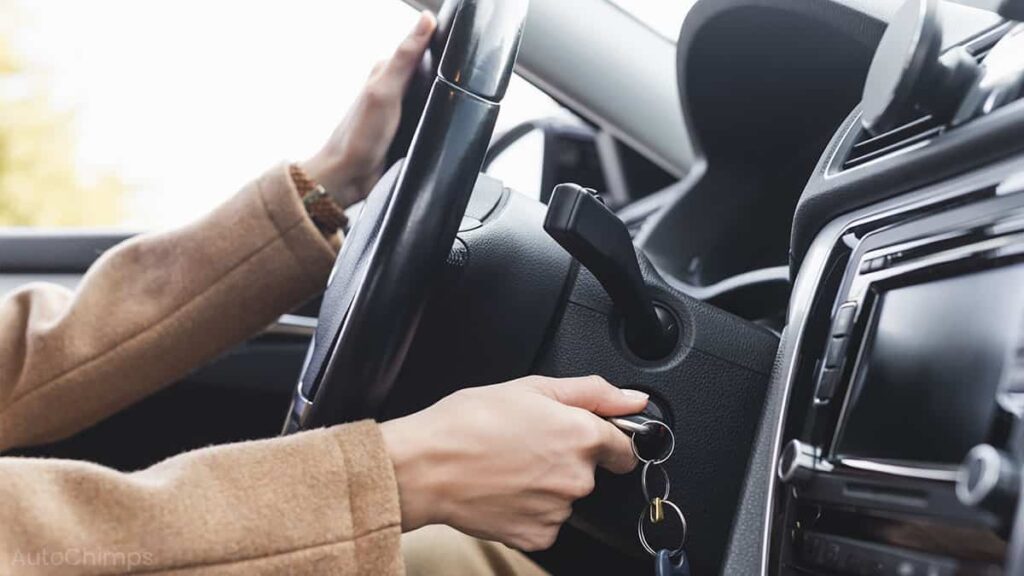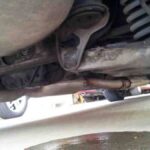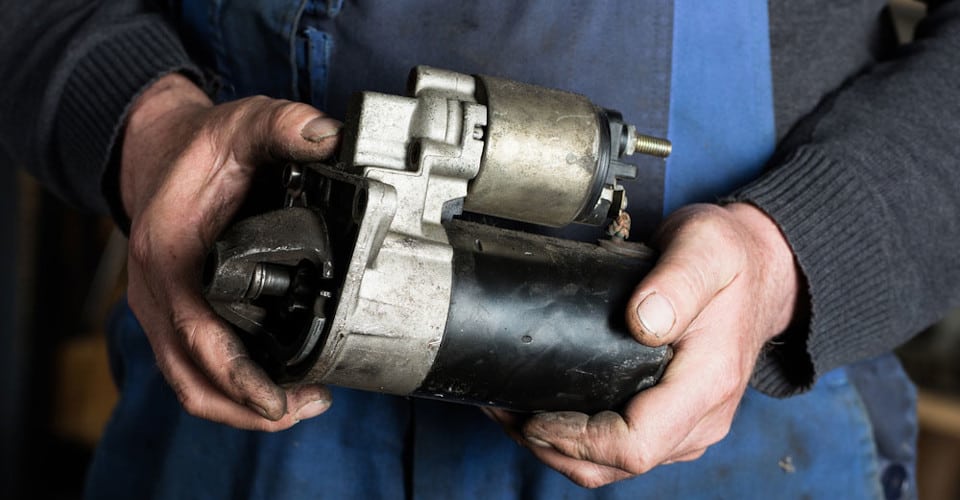
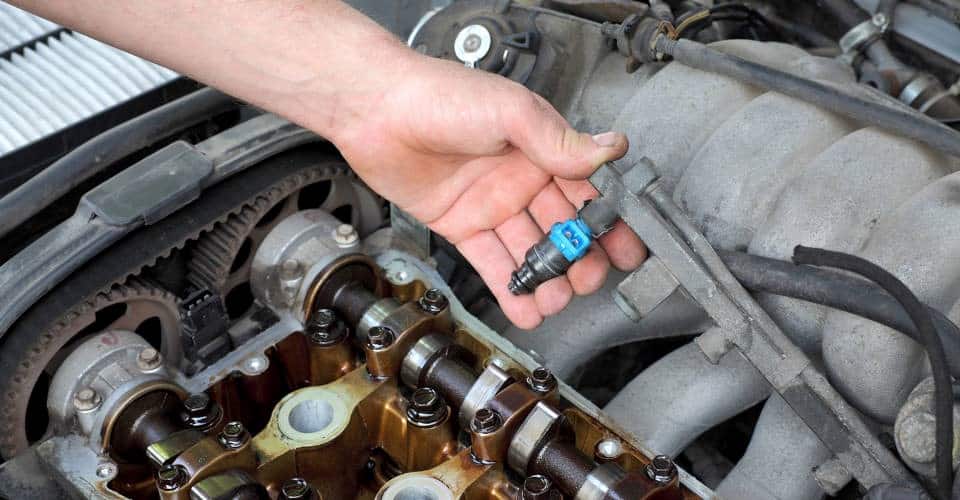




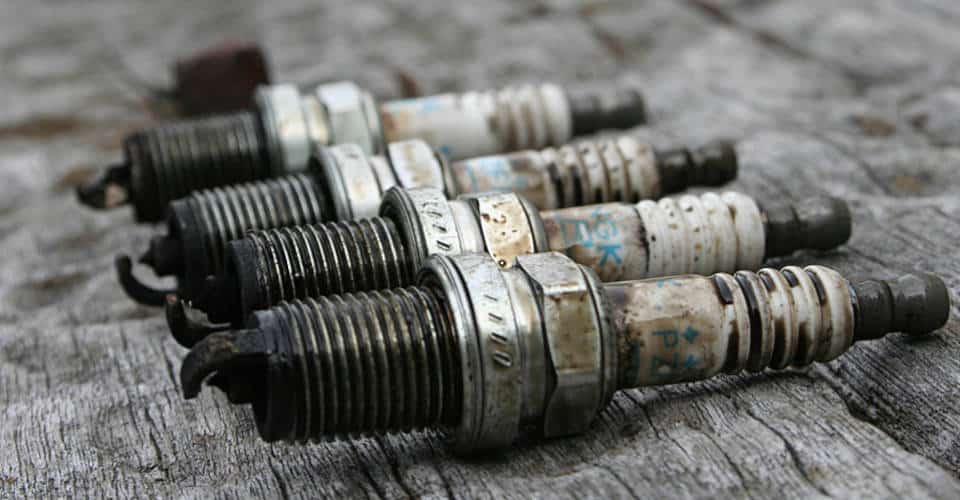
Why Does the Car Struggle to Start? Here’s What’s Up
When a car has a tough time starting but runs like a champ once it’s going, it can be a real head-scratcher. There are a bunch of reasons why this might happen, and this guide dives into some of the most common culprits and how to tackle them.
What’s Going On?
Aside from regular wear and tear, a few other factors can mess with a car’s starting game. Think about the weather, temperature, fuel quality, and how long the vehicle’s been on the road. And don’t forget to check the dashboard lights—those little indicators can tell a big story.
While this guide covers several possibilities, nothing beats a hands-on diagnosis from a skilled mechanic.
Tools like battery testers and OBD II code readers can be super handy if someone wants to take a DIY approach.
Electrical System Issues
If a car’s having a hard time starting but runs fine afterward, chances are it’s an electrical hiccup. Sure, there are other possibilities, but a quick electrical check usually sorts out the problem for most folks.
It’s not just about the battery, either. The electrical system includes the starter motor, ignition key, alternator, and a whole mess of wiring.
Starter Motor

The starter motor is often the main suspect. If the car struggles to start but the battery seems fine, it’s worth checking out. When the ignition key is turned, it sends power to the starter motor, which engages the engine flywheel and gets everything cranking.
If the starter motor is worn out, it won’t crank the engine properly, leading to those frustrating start-up issues. A battery tester can help check its condition without even having to pull it out. If it’s shot, it’ll likely need a rebuild or a full replacement.
Battery and Alternator

The battery and alternator are a dynamic duo that keeps the electrical system running. The alternator replenishes the battery while the engine’s running, and the battery powers everything when the engine’s off. If the battery’s weak, it won’t provide enough juice to the starter motor.
Cracks or leaks in the battery can prevent it from holding a charge. And if the alternator isn’t doing its job—maybe due to a loose belt or internal fault—it won’t recharge the battery fast enough. Short trips can also drain a battery quicker than longer highway drives, so it’s worth taking the car for a good spin to see if that helps.
A battery tester can reveal issues with either component, allowing for timely replacements.
Wiring Woes

Bad wiring could also be the culprit behind those starting struggles. There’s a lot of wiring in a car, so start with the ignition wiring and connections to the starter motor. If there’s a problem, it might not be sending enough power to get things going.
Unless someone’s an electrical whiz with the right tools, this could require a pro to diagnose. It might cost a bit, but sometimes it’s necessary.
Engine Components
Almost any engine part not working right can lead to starting issues. Check the ignition timing, camshaft, timing belt, distributor cap, and all the filters (air, oil, and fuel).
Spark Plugs

Over time, spark plugs can wear out, leading to a wider gap that requires more power to create a spark. This might mean cranking longer than usual to get the engine going. Once the engine’s revving, it might not be as noticeable, but fixing it is key. Adjusting the spark plugs is pretty straightforward, or just swap them out for new ones.
Old plugs can also get gunked up with carbon, which can cause similar issues. If they’re covered in black soot, it’s time for a change.
Fuel Injectors

Fuel injectors are responsible for delivering the right amount of fuel to the engine. If they’re not doing their job, the air-fuel mix won’t burn properly, leading to starting problems. If it’s a minor issue, it might not be noticeable while driving, but faulty injectors will need replacing. A multimeter or an OBD II code reader can help figure out if they’re the problem.
Weather Woes

Believe it or not, the weather can mess with a car’s starting ability, especially in the cold. When temperatures drop, fluids get thicker or freeze, making it harder for everything to flow. Batteries can also lose power when it’s freezing out.
In super cold places, cars often need a battery boost to start in the morning. Once the engine’s running, it should warm up and function normally after a few minutes. If it’s chilly outside, parking in a garage or makeshift shelter can help, but be careful with exhaust fumes and avoid using space heaters—they can be a fire hazard.

